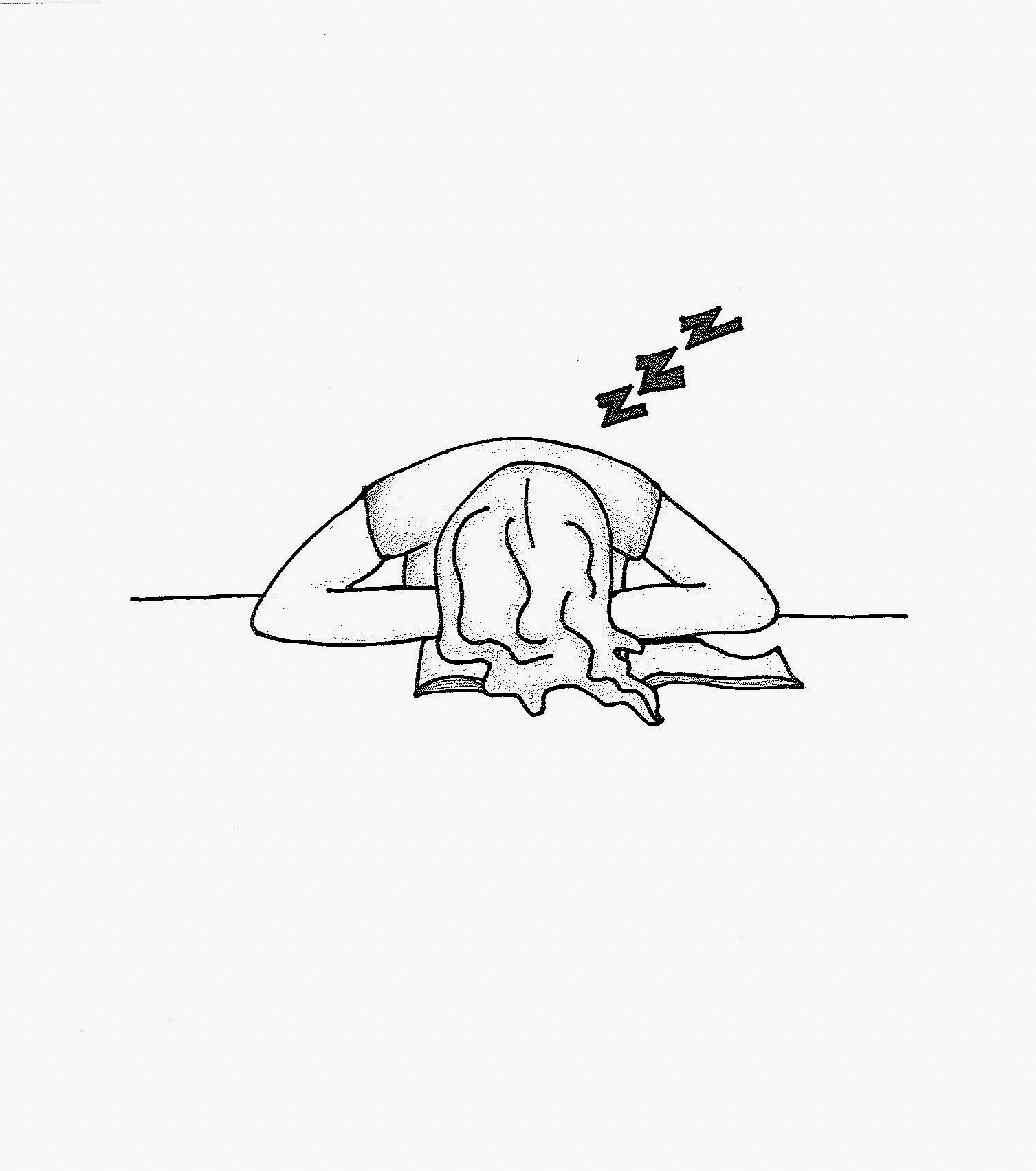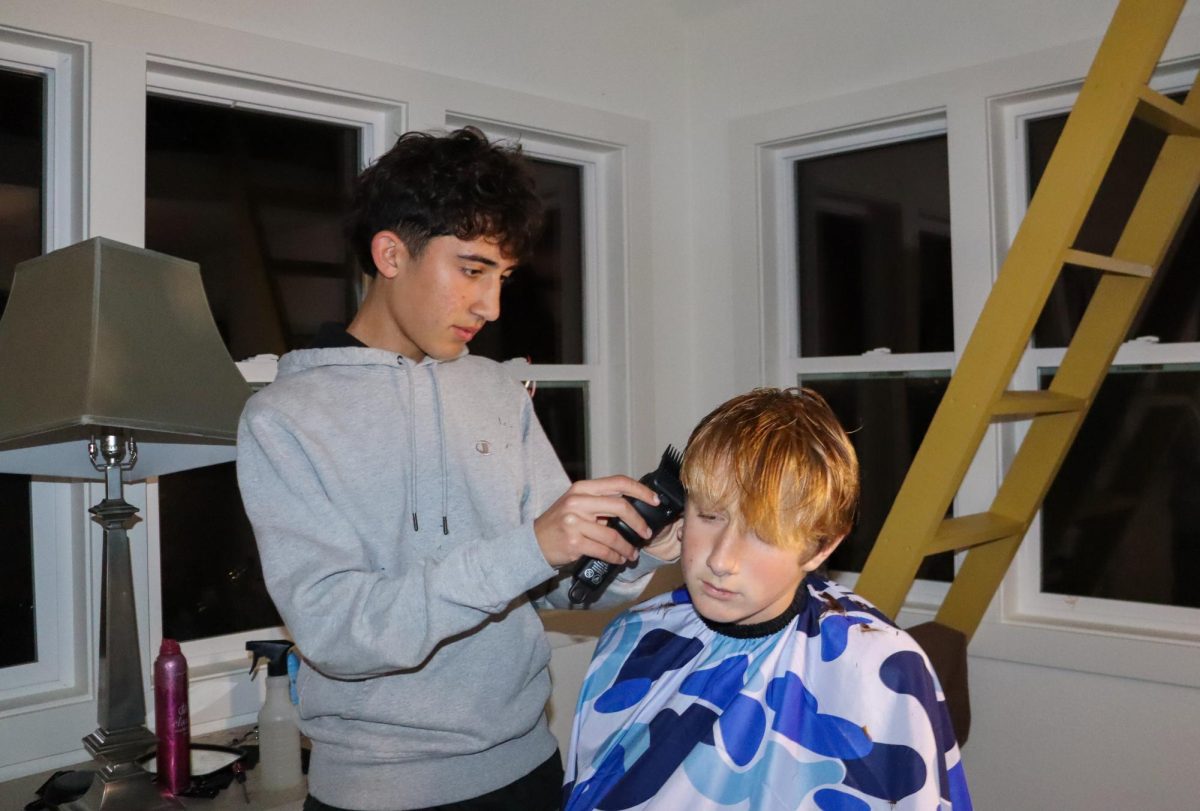The Centers for Disease Control and Prevention (CDC) advises that teenagers aged 13 to 18 should get eight to 10 hours of sleep each night. However, many high school students often fall short of this recommendation. Various factors contribute to high schoolers’ lack of sleep, including shifting biological clocks, late nights spent on homework, early morning extracurriculars, zero periods, and increased caffeine consumption, which raises the issue: Why aren’t Archie Williams students getting enough sleep?
Starting the 2024-25 school year, Archie Williams implemented a new bell schedule for Friday, with the first class starting at 9 a.m. rather than 8:30 a.m. Even with the additional 30 minutes in the morning, students participating in extracurriculars such as sports or clubs, still have to wake up early. Additional factors, including homework and extracurriculars, leave students with insufficient rest.
Archie Williams freshman Phin Murphy often has trouble sleeping due to his early morning basketball workouts and late-night homework assignments, preventing him from getting the ideal eight to 10 hours of sleep.
“[So far this year], I have had a lot of homework at night and basketball early in the morning every day. This allows me to only get around six to seven hours of sleep a night,” Phin said. “I think [the district] should also try to regulate the homework that teachers give out in class, or give more class time to work on homework.”
Lack of sleep also affects students who may not have homework or extracurricular activities. The circadian rhythm is an internal biological clock in all living organisms that regulates the release of chemicals responsible for making you feel tired and helping you fall asleep. When someone reaches the age of 15 or 16, their circadian rhythm changes drastically, and their brain doesn’t produce the chemicals needed to fall asleep until much later.
According to local massage therapist and health coach Lea Wildflower, who specializes in studying sleep and adolescents’ sleep habits, this change causes a disruption for teenage brains.
“As the circadian rhythm in teenagers changes, it’s possible that they won’t find themselves tired until as late as 2 a.m. When they have to get up at 6 a.m. or 7 a.m. for school, they could be running on as little as four to five hours of sleep, which isn’t enough to function and perform well during the school day,” Wildflower said.
This presents a biological issue for students, who can’t help going to bed late due to chemical changes in their brains. However, students’ brains need these lost hours of sleep in order to properly develop.
“At this age, [teenagers’] brains are in a very important stage of development. [Teenagers] need at least eight or more hours of sleep to allow time for their brains to develop, and due to the change in their circadian rhythm, they usually don’t get eight or more hours of sleep, which makes it very hard for their brains to properly develop and for students to function throughout the day,” Wildflower said.
Some students also have trouble falling asleep due to frequent consumption of caffeinated beverages. Caffeine is a substance that stimulates the brain and nervous system while blocking receptor sites that accept the chemicals essential to sleep. As the human body gets older, it takes longer to process caffeine, leading to feeling stimulated and awake late in the night.
Health specialist and psychologist Amy Naber studies the science of sleep and the effects of caffeine on the human brain. Naber describes that different ages take different integers of time to digest caffeine.
“[Caffeine] impacts [sleep] a lot, and it makes you stay awake. It stays in the body for about 10 hours at ages 14 to 20,” Naber said.
Archie Williams students who consume caffeinated products during lunch hours typically won’t feel the effects of caffeine wear off until late at night, such as 10 p.m. or 11 p.m. depending on when they first consume caffeine. This can lead to cycles of staying up late, feeling tired the next day, and consuming more caffeine to stay awake.
“If you do have caffeine, you want to make sure you have it at least nine hours before you go to sleep. Otherwise, your body won’t recognize the chemicals your brain produces for sleeping, and you will feel stimulated until it leaves your system,” said Naber.
According to a study from the University of Michigan, one in four parents say their teen has caffeine daily or nearly every day. Many students who regularly consume it don’t give their bodies enough time to digest and filter out the caffeine by the time they fall asleep, leading to long nights of lying awake in bed.
“[Sleep] is important to the human brain so that the human brain can function cognitively. It is important for memory, and it is important for the parasympathetic and sympathetic nervous system to stay intact,” Naber said.
Sleep restores energy to your body and mind, yet many students are experiencing the detrimental effects of sleep deprivation in school. These effects lead to students only being half awake which spirals into significantly worse performance in classes.
“In order to effectively sleep for 8-10 hours every single night, you want to limit the amount of caffeine and sugar you consume the day before, and make sure you have a healthy sleep schedule, not staying up too late so that your body knows when to produce the sleep chemicals,” Wildflower said.











